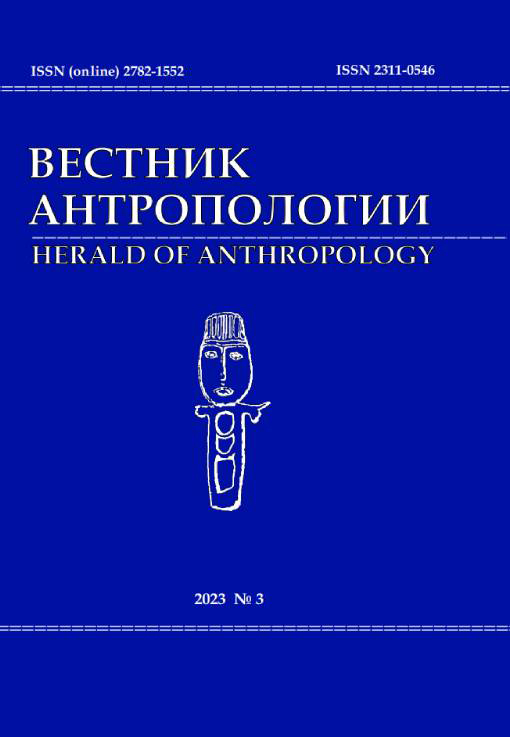Базар и дюкян, ярмарка и маркет: эволюция торговли в Албании в начале XXI в.
DOI: 10.33876/2311-0546/2023-3/121-143
Ключевые слова:
торговля, албанцы, Западные Балканы, хозяйственная деятельность, продавец и покупательАннотация
В работе в парадигме антропологии анализируется происходящая в наше время трансформация форм и локусов торговли на западе Балкан на примере Албании, пережившей за столетие радикальную смену нескольких общественно-политических, экономических и идеологических формаций. Интерес к данной проблематике продиктован возрастающей ролью корпоративной антропологии, фокусирующейся на процессах управления персоналом в бизнес-сообществе с привлечением методик и подходов, принятых для изучения традиционных обществ. На протяжении многих столетий основными местами торговли, т.е. хозяйственной деятельности по реализации и обмену товаров, были рынки и ярмарки, не потерявшие своей актуальности до наших дней. Не менее значимое место занимали дюкяны – лавки-мастерские, в которых различные изделия производились и продавались в тот длительный исторический период, когда профессиональное ремесло являлось «индустрией» эпохи. Бурные события ХХ в., ознаменовавшиеся развитием технологий и производительных сил, ростом промышленности и сельского хозяйства, а как следствие – улучшением благосостояния и потребительским бумом, внесли существенные изменения в систему торговли и отношения людей к акту продажи – покупки. Расширяющиеся торговые связи с миром, глобализация экономических отношений и информационного пространства способствовали росту новых форм реализации товаров и услуг – прежде всего через сетевые магазины, супермаркеты и пр. Предлагаемый автором анализ является попыткой расшифровки сложного процесса отношений между продавцом и покупателем, производителем и потребителем товаров и услуг, человеком и обществом.






















